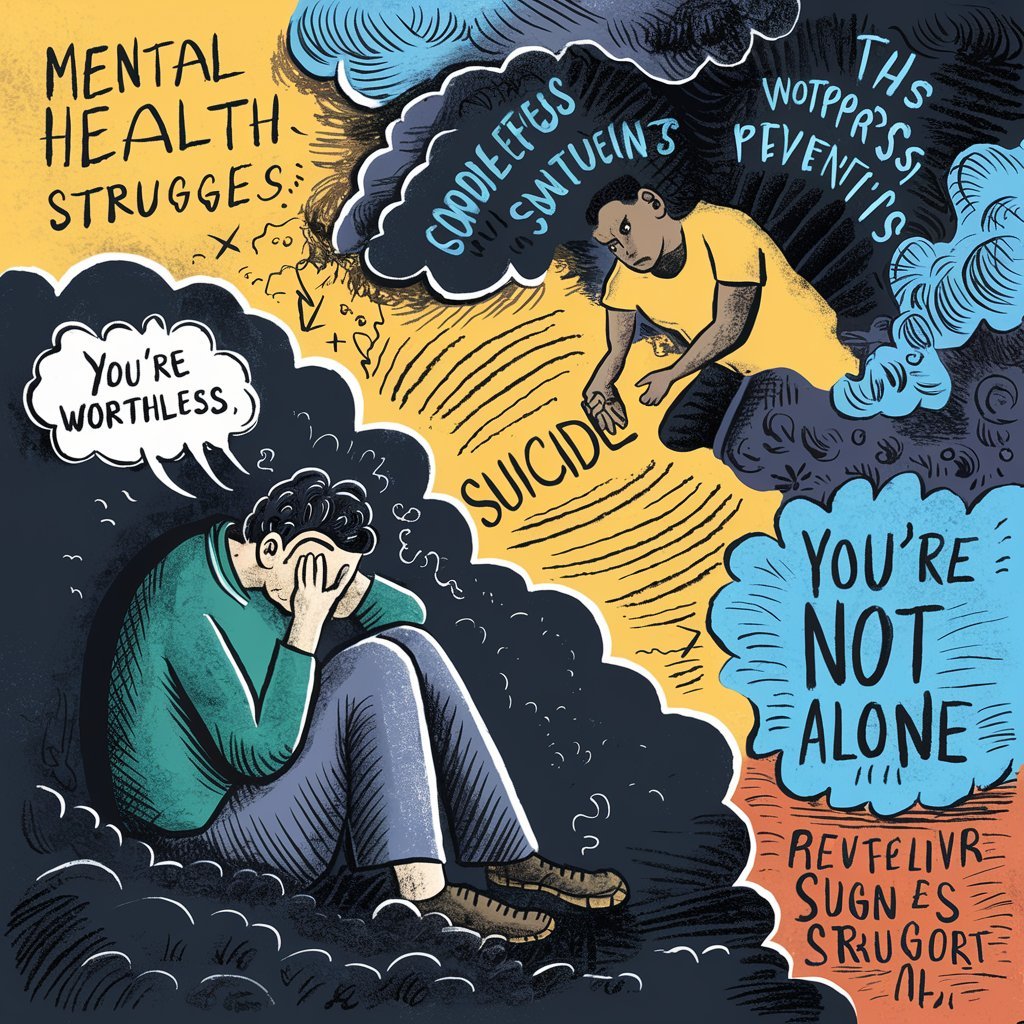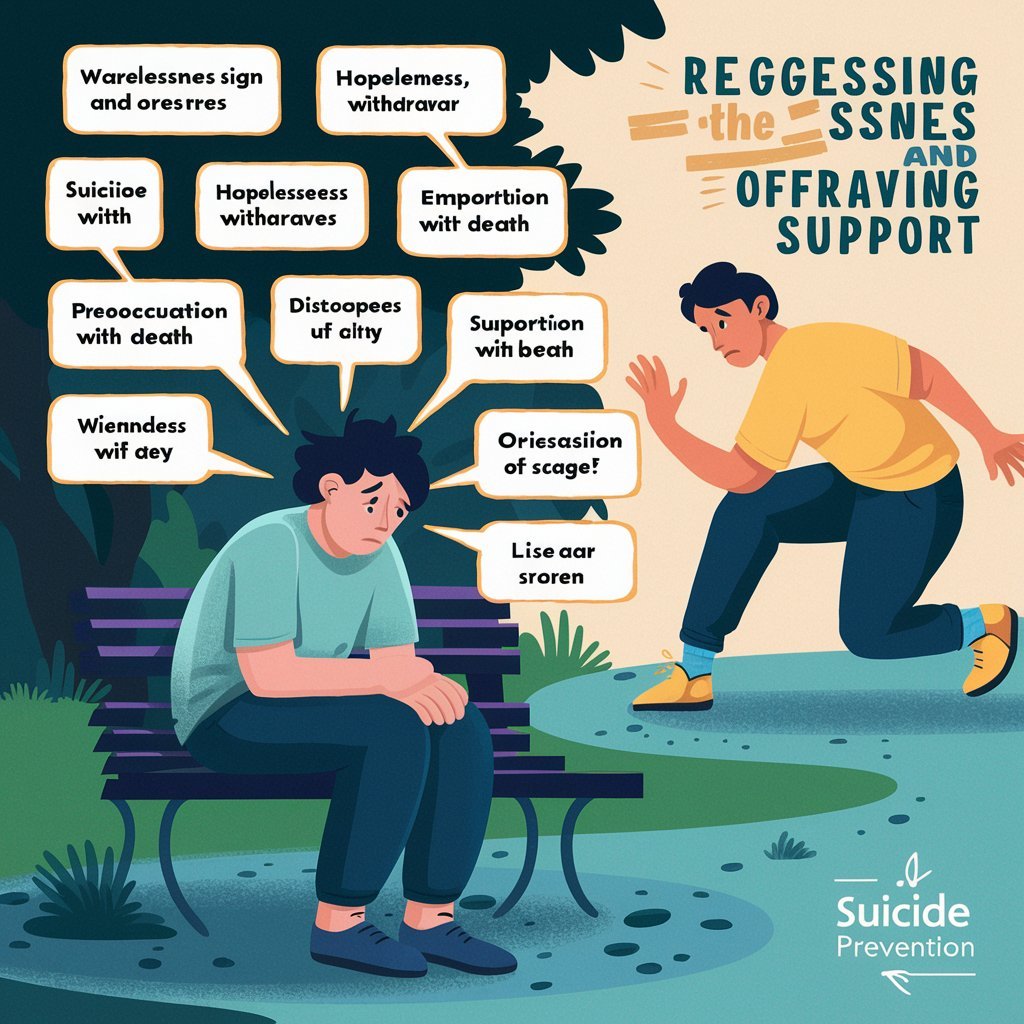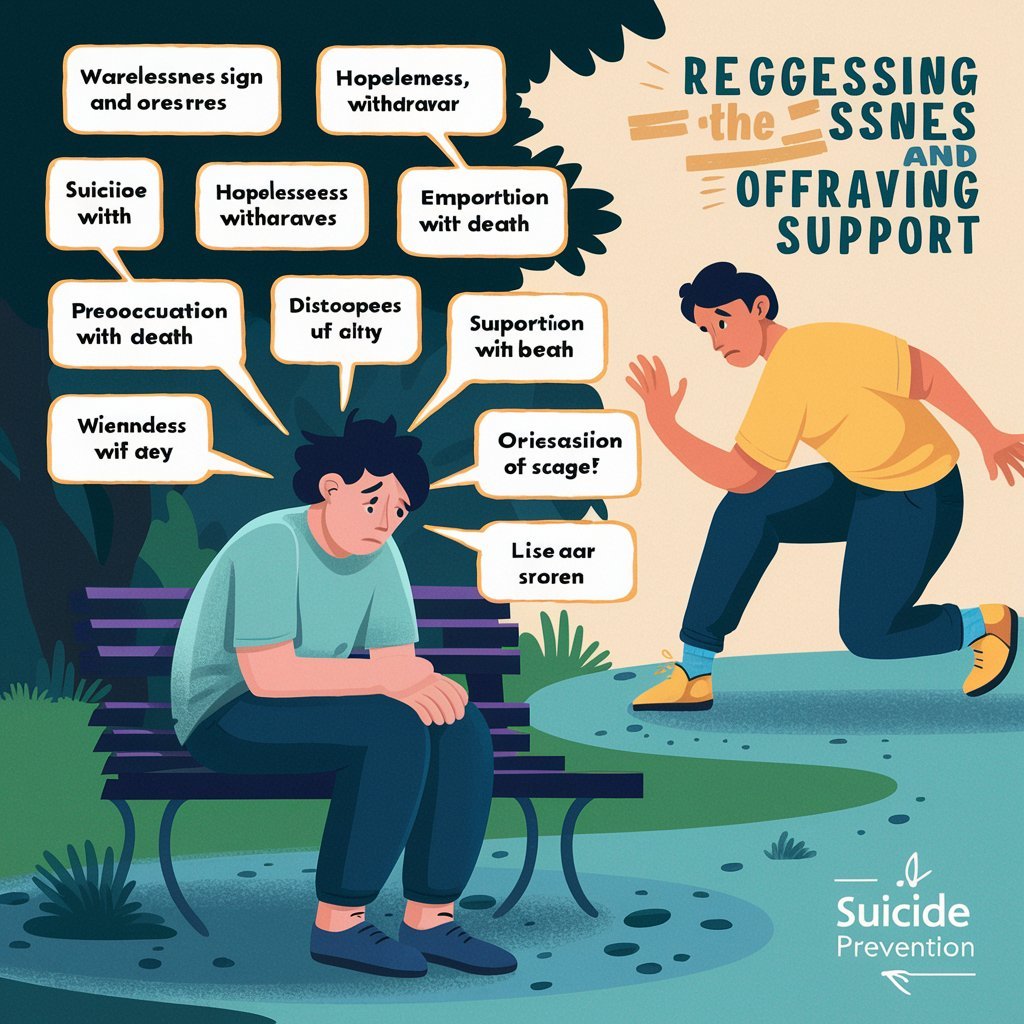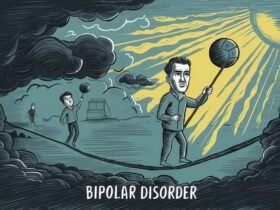Suicide Prevention: Recognizing the Signs and Offering Support
Hey there, my young and compassionate friends. It’s your mental health buddy, Nita Sharda, here to talk about a topic that’s really important, but can also feel a little scary or overwhelming – suicide prevention.
Now, I know that the word “suicide” might make some of you feel uncomfortable or even a little bit afraid. And that’s totally understandable. Talking about suicide can be really tough, especially when we’re young and still trying to make sense of the world around us.
But the truth is, suicide is a very real and very serious problem that affects people of all ages, backgrounds, and walks of life. And as much as we might wish it wasn’t so, the reality is that sometimes, people who are struggling with mental health challenges or other difficult life circumstances may start to feel like ending their life is the only way out.
As friends, family members, and members of our communities, it’s so important that we know how to recognize the signs that someone may be at risk for suicide, and how to offer support and get them the help they need.
So, let’s take a deep breath, and dive in together. I promise to be with you every step of the way, and to help you understand this complex and sensitive topic in a way that feels safe, supportive, and empowering.
Understanding Suicide
First things first, let’s talk a little bit about what suicide is, and why it happens. Suicide is when someone intentionally ends their own life. It’s a permanent solution to what is often a temporary problem, and it leaves behind a lot of pain and grief for the people who love and care about the person who died.
There are a lot of different reasons why someone might consider suicide, but some of the most common ones include:
- Depression, anxiety, or other mental health challenges
- Trauma or abuse
- Substance abuse or addiction
- Chronic pain or illness
- Loneliness or isolation
- Financial or legal problems
- Relationship breakups or conflicts
It’s important to remember that no matter what the reason is, suicide is never the answer. There is always hope, and there are always people who want to help.
Recognizing the Warning Signs
One of the most important things we can do to prevent suicide is to learn how to recognize the warning signs that someone may be at risk. Some of the most common warning signs include:
Talking about suicide or death
If someone is talking about wanting to die, feeling hopeless, or being a burden to others, it’s a big red flag that they may be thinking about suicide. They may say things like:
- “I wish I was dead.”
- “I can’t take this anymore.”
- “Everyone would be better off without me.”
- “I just want the pain to stop.”
If you hear someone saying these kinds of things, it’s important to take it seriously and to let them know that you’re there for them.
Withdrawing from friends and activities
Another warning sign is when someone starts to withdraw from the people and activities they used to enjoy. They may stop hanging out with friends, quit their hobbies or sports, or start isolating themselves more and more.
This can be a sign that they’re feeling overwhelmed, hopeless, or disconnected from the world around them.

Giving away possessions or saying goodbye
Sometimes, people who are thinking about suicide may start giving away their possessions or saying goodbye to people as if they don’t expect to see them again. They may also start putting their affairs in order, like making a will or writing letters to loved ones.
If you notice someone doing these kinds of things, it’s important to check in with them and ask if they’re okay.

Changes in mood or behavior
People who are at risk for suicide may also show changes in their mood or behavior, like:
- Sudden calmness or happiness after a period of depression
- Increased anger, irritability, or agitation
- Reckless or risky behavior
- Changes in sleep or appetite
- Difficulty concentrating or making decisions
If you notice these kinds of changes in someone you care about, it’s important to reach out and offer support.
Offering Support and Getting Help
If you’re worried that someone you know may be at risk for suicide, the most important thing you can do is to offer support and help them get connected to professional help. Here are some steps you can take:
Talk to them
The first step is to talk to the person you’re worried about. Find a quiet, private place where you can have a conversation without interruptions or distractions. Let them know that you care about them and that you’re there to listen and support them.
You might say something like:
- “I’ve noticed that you seem to be going through a tough time lately. I want you to know that I’m here for you and that I care about you.”
- “I’m worried about you and I want to help. Can you tell me what’s been going on?”
- “I know it might be hard to talk about, but I’m here to listen without judgment. You’re not alone in this.”
The most important thing is to listen without judgment, and to let them know that you’re there for them no matter what.
Ask directly about suicide
If you’re worried that someone may be thinking about suicide, it’s important to ask them directly. This can feel scary or uncomfortable, but it’s the best way to find out if they’re at risk and to get them the help they need.
You might say something like:
- “Are you thinking about suicide?”
- “Have you been having thoughts about ending your life?”
- “I know this is a tough question, but I need to ask – are you considering suicide?”
If they say yes, it’s important to stay calm and to let them know that you’re there to help. You can say something like:
- “I’m so glad you told me. I know this must be really hard, but I’m here for you and we’re going to get through this together.”
- “Thank you for being honest with me. I know it takes a lot of courage to talk about this. Let’s figure out what we can do to keep you safe and get you the help you need.”
Get professional help
If someone is at immediate risk for suicide, it’s important to get professional help right away. You can:
- Call a suicide prevention hotline, like the National Suicide Prevention Lifeline at 1-800-273-TALK (8255)
- Take them to a hospital emergency room or mental health clinic
- Call 911 if they are in immediate danger
It’s also important to help them connect with ongoing support and treatment, like therapy or medication. You can offer to help them find a therapist or doctor, or to go with them to their first appointment.
Take care of yourself
Supporting someone who is struggling with suicidal thoughts can be really tough, and it’s important to take care of yourself too. Make sure you’re getting enough sleep, eating well, and doing things that help you relax and recharge.
It’s also important to set boundaries and to know your limits. You can’t be there for someone 24/7, and it’s okay to take breaks and to ask for help when you need it.
Promoting Mental Health and Resilience
While it’s so important to know how to recognize and respond to the warning signs of suicide, it’s also important to promote mental health and resilience in ourselves and in the people we care about. Here are some ways we can do that:
Practice self-care
Taking care of ourselves is one of the best things we can do for our mental health. This means getting enough sleep, eating well, exercising, and doing things that bring us joy and relaxation.
It also means being kind to ourselves and practicing self-compassion. We all make mistakes and have tough days, and it’s important to remember that we’re doing the best we can.
Build strong relationships
Having strong, supportive relationships is another key to mental health and resilience. This means surrounding ourselves with people who love and accept us for who we are, and who we can turn to when we’re struggling.
It also means being a good friend and family member ourselves, and showing up for the people we care about with empathy, compassion, and support.
Find meaning and purpose
Having a sense of meaning and purpose in life can be a powerful protective factor against suicide and other mental health challenges. This means finding things that give our lives value and direction, whether it’s a hobby, a career, a spiritual practice, or a cause we care about.
It also means setting goals and working towards them, even when it’s hard. Every small step we take towards the things that matter to us can help build our sense of accomplishment and self-worth.
Seek help when we need it
Finally, it’s so important to remember that seeking help is a sign of strength, not weakness. We all need support sometimes, and there is no shame in reaching out for help when we’re struggling.
This might mean talking to a trusted friend or family member, seeing a therapist or counselor, or joining a support group. It might also mean taking medication or trying other treatments that can help us manage our mental health.
The most important thing is to remember













Leave a Reply